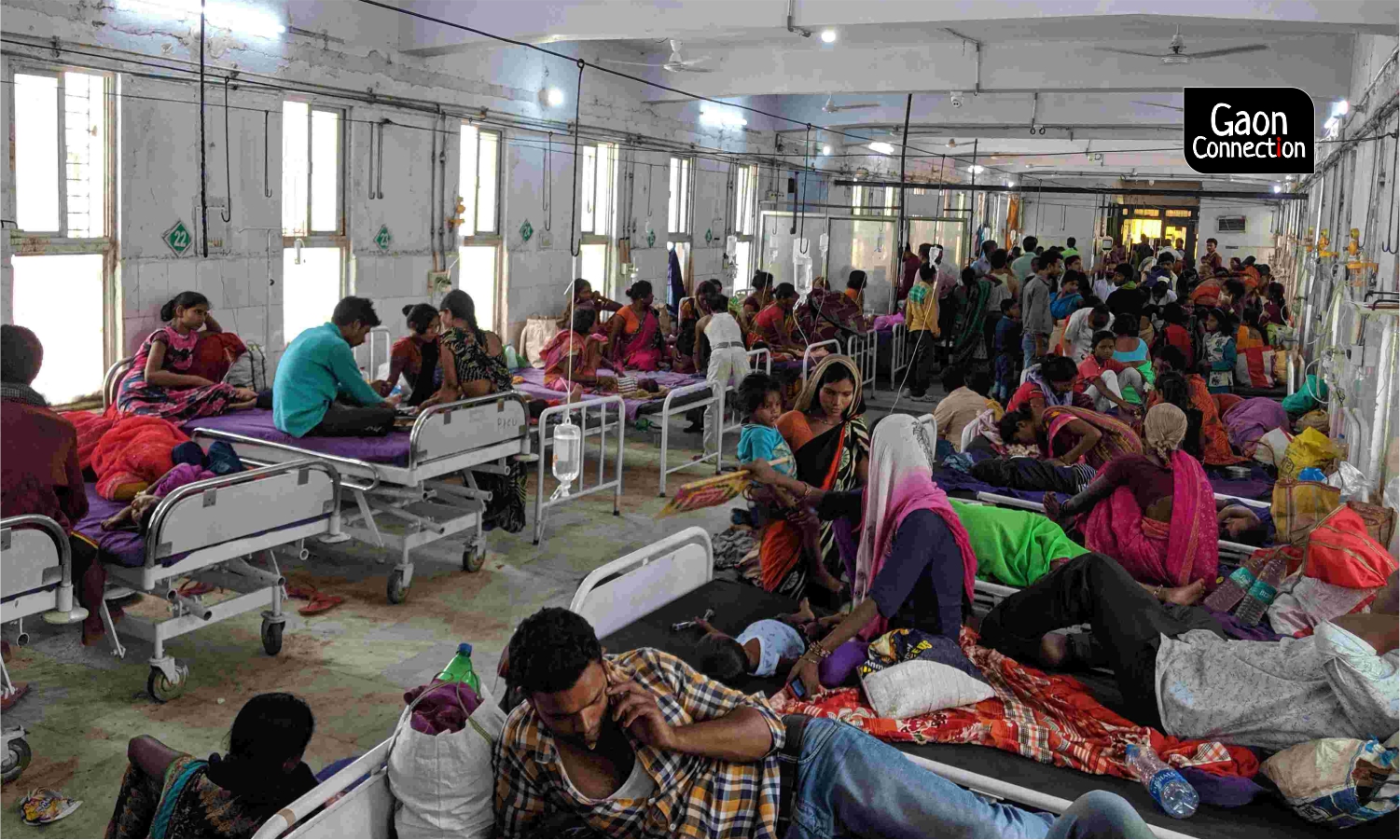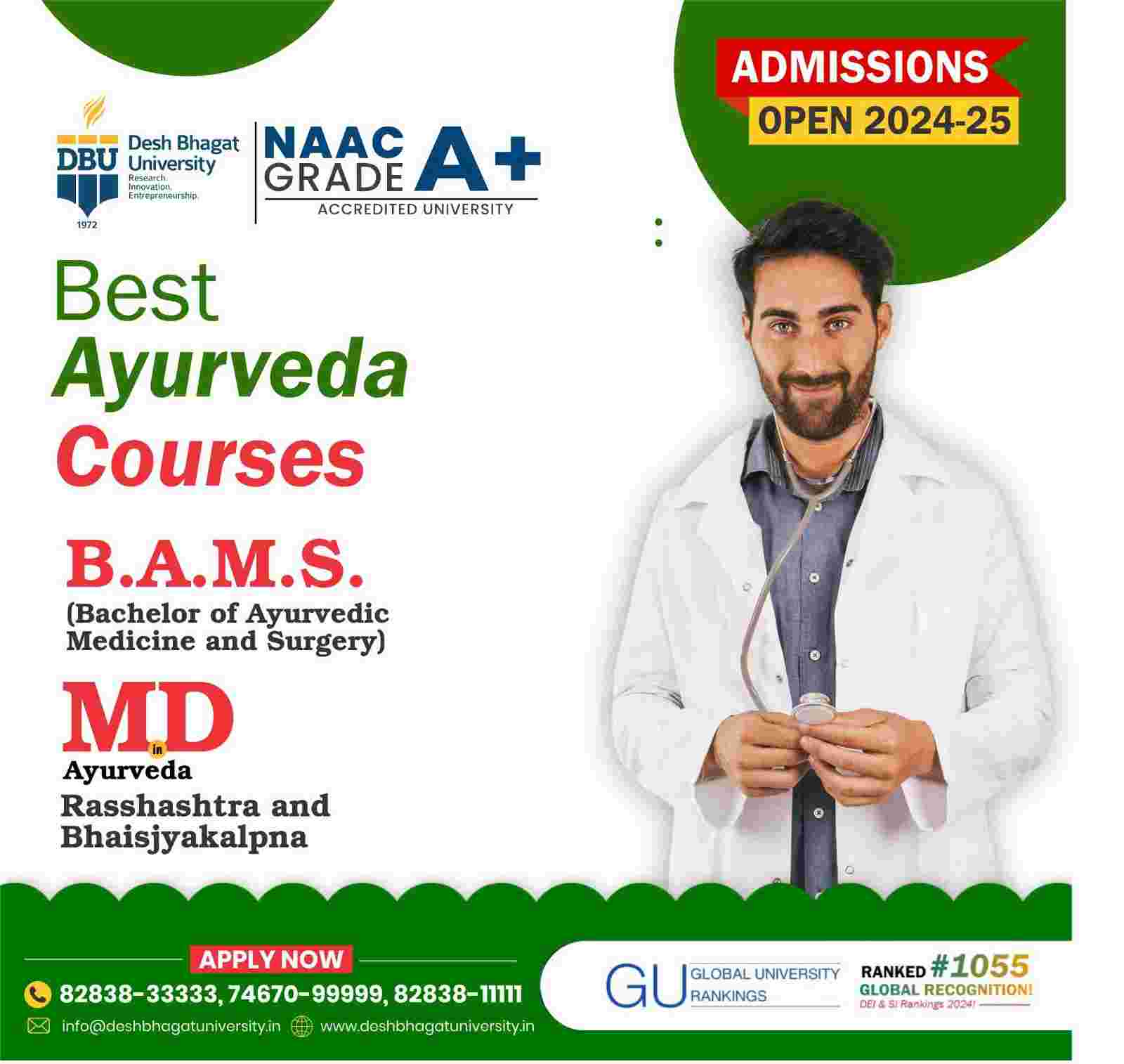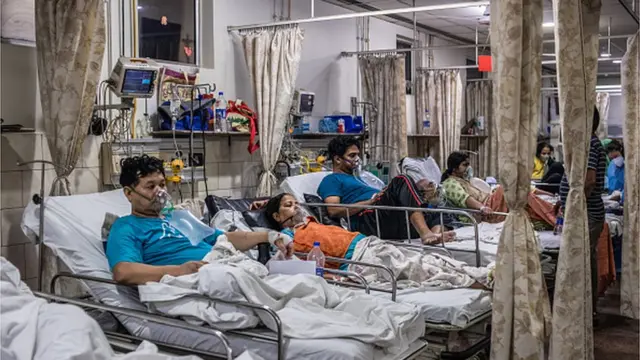 Despite India's claims of providing affordable healthcare, an alarming 94% of families with a hospitalized member face financial ruin. The lack of price regulation in medical services has allowed hospitals to charge exorbitant fees, forcing families to sell assets or take crippling loans to afford treatment. Unlike in developed nations, where medical expenses are covered through insurance or government support, in India, out-of-pocket costs push even middle-class families into poverty.
Despite India's claims of providing affordable healthcare, an alarming 94% of families with a hospitalized member face financial ruin. The lack of price regulation in medical services has allowed hospitals to charge exorbitant fees, forcing families to sell assets or take crippling loans to afford treatment. Unlike in developed nations, where medical expenses are covered through insurance or government support, in India, out-of-pocket costs push even middle-class families into poverty.
Health insurance companies are no better. Based on my experience, I do not trust them—they often fail to provide the coverage they promise, leaving patients and their families stranded when they need help.
Instead of boasting about GDP growth and India's supposed future as a "superpower," I urge Mr Modi to prioritize healthcare reform. The projected economic gains will mean nothing when infectious diseases begin to spread uncontrollably. Many people in India disregard rules and lack a collective sense of responsibility for public health. Without immediate intervention, the consequences will be devastating.

The Business of Medicine: Profit Over Patients
The skyrocketing cost of healthcare isn't just due to expensive treatments—it's driven by a system that encourages unnecessary consultations, investigations, and procedures. Despite spending years honing their expertise, physicians are under pressure to maintain their lifestyles. Many subtly push patients toward expensive tests and surgeries that may be unnecessary.
I have personally witnessed the inner workings of hospitals like Apollo and Fortis, and to put it bluntly, I would rather die at home than step into one of these institutions. Many doctors in these hospitals lack basic manners, are consumed by arrogance, and parade around in filthy white coats—coats teeming with bacteria, fungi, and viruses, including antibiotic-resistant microbes (ARM).
They shamelessly name-drop rich and famous patients to boost their credibility, blatantly breaching patient confidentiality—yet no one seems to care.
A Broken System: Ayurveda and Unregulated Medicine
 Ayurveda students are thoought to use medical equipments and instuments used by doctors trained in Alopathy. In India it looks as if the students learn Ayurveda to use the title "Dr", offer medical advice, prescriptions and also "claim to cure cancers"
Ayurveda students are thoought to use medical equipments and instuments used by doctors trained in Alopathy. In India it looks as if the students learn Ayurveda to use the title "Dr", offer medical advice, prescriptions and also "claim to cure cancers"
In rural India, clinics run by Ayurveda school graduates are prescribing allopathic medicines while wielding stethoscopes—without proper training. Meanwhile, Ayurveda hospitals across the country boldly claim to cure cancer and "boost immunity" through questionable treatments. The Indian Medical Council and the Ministry of Health disregard this or are complicit in allowing these dangerous practices to continue.
The state of India's healthcare is nothing short of a crisis. If serious reforms aren't introduced now, the consequences will be catastrophic for individuals and the nation.
Healthcare in India is facing a severe crisis, not just in terms of affordability but also in terms of quality and ethics. While India is known for its advancements in medical science, the reality for millions of patients is far from ideal. The cost of medical treatment, unnecessary procedures, unhygienic hospital conditions, and rampant antimicrobial resistance (AMR) have made healthcare a financial and health burden for the commoner.
The High Cost of Healthcare and Financial Ruin Despite India's claim of affordable healthcare, 94% of families with a member admitted to a hospital face bankruptcy. The absence of price regulation on medical services allows hospitals to charge exorbitant fees, forcing families to sell assets or take loans to afford treatment. Unlike in developed nations, where medical costs are covered by insurance or government support, in India, out-of-pocket expenses can push even middle-class families into poverty.
Despite India's claim of affordable healthcare, 94% of families with a member admitted to a hospital face bankruptcy. The absence of price regulation on medical services allows hospitals to charge exorbitant fees, forcing families to sell assets or take loans to afford treatment. Unlike in developed nations, where medical costs are covered by insurance or government support, in India, out-of-pocket expenses can push even middle-class families into poverty.
Unnecessary Tests, Investigations, and Hospitalizations
A significant contributor to the cost crisis is recommending unnecessary tests, investigations, and prolonged hospital stays. Many private hospitals operate as business entities focused on profit maximization rather than patient care. Under pressure from hospital management, some doctors prescribe unwarranted diagnostic tests and procedures. These unethical practices not only drain patients financially but also expose them to unnecessary risks, including complications from redundant treatments and prolonged exposure to hospital-acquired infections.
Unhygienic Practices and Antimicrobial Resistance (AMR)
The lack of hygiene in hospitals, from unclean wards to improper sterilization of surgical instruments, has led to an alarming rise in antimicrobial-resistant infections. Many hospitals in India do not maintain proper sanitation standards, making post-operative care increasingly difficult. Patients who should recover within days end up battling life-threatening infections due to bacteria that no longer respond to antibiotics. Shockingly, doctors do not need to report AMR-related deaths, concealing the extent of the problem from the public.
Overuse of Antibiotics and its Consequences
Antibiotic misuse, driven by over-prescription and patient self-medication, has created a situation where even minor infections can become deadly. Many patients are given broad-spectrum antibiotics without proper testing, leading to the evolution of drug-resistant bacteria. This makes future infections harder to treat and increases hospital costs due to prolonged and more intensive care requirements. The pharmaceutical industry's unchecked influence further exacerbates the problem, with hospitals prescribing expensive branded antibiotics over cheaper, equally effective alternatives.
Dr. Maya GPT: A Revolutionary Solution to India's Healthcare Crisis
In response to this medical catastrophe, Dr. Maya GPT emerges as a beacon of hope. Developed by pioneer Dr Kadiyali Srivatsa, an advocate for patient-centred care and a defender of medical ethics, Dr Maya GPT offers a safe, cost-effective, and ethical alternative to the current exploitative healthcare system.
- Reducing Hospital Visits: By enabling individuals to self-assess their symptoms through AI-driven medical analysis, Dr Maya GPT helps people determine whether they genuinely need hospital care or if a visit to a nurse or pharmacist is sufficient.
- Preventing Antibiotic Misuse: The AI system educates patients about the dangers of antibiotic abuse and provides precise recommendations, reducing dependence on unnecessary medications.
- Early Infection Detection and Isolation: With an innovative colour-coded system, Dr Maya GPT can help identify potentially infected individuals and recommend timely isolation to prevent the spread of diseases within families and communities.
- Cost Reduction: By minimizing unnecessary medical interventions, hospitalizations, and expensive treatments, Dr. Maya's GPT can save families from financial devastation while ensuring high-quality medical guidance.
Why This Is a Nobel-Worthy Cause
Dr. Kadiyali Srivatsa's work is not merely an advancement in AI healthcare—it is a Nobel cause that seeks to restore ethics, affordability, and safety in medicine. His commitment to protecting patients from exploitation and unnecessary suffering makes him a true pioneer of patient-centred care. In a time when the healthcare industry prioritizes profits over lives, Dr Maya GPT stands as a revolutionary tool that can transform global healthcare, offering hope for future generations.
Conclusion
The Indian healthcare system is in dire need of reform. The high cost of treatment, rampant medical malpractice, poor hospital hygiene, and AMR crisis are pushing millions into financial and medical distress. Policy changes andempowering people with knowledge and technology are the solution. With its ability to educate, diagnose, and guide patients, Dr. Maya GPT offers a path toward safer, more ethical, and affordable healthcare. It is time to embrace this innovation and protect families from the current medical exploitation while ensuring a healthier future for all.
